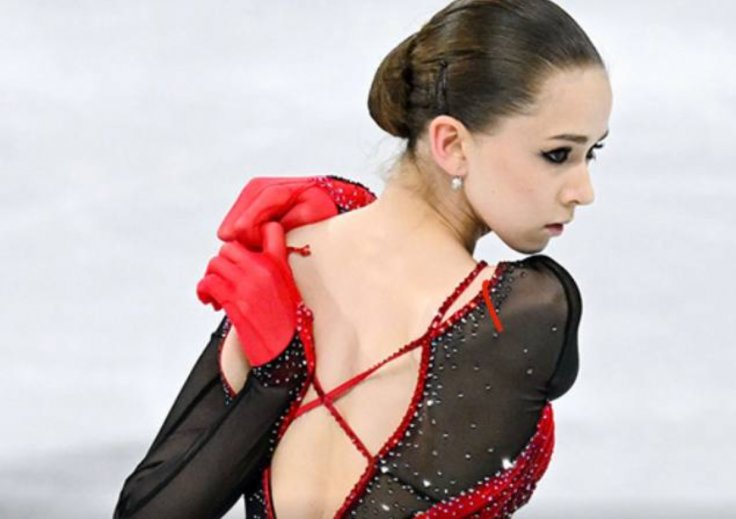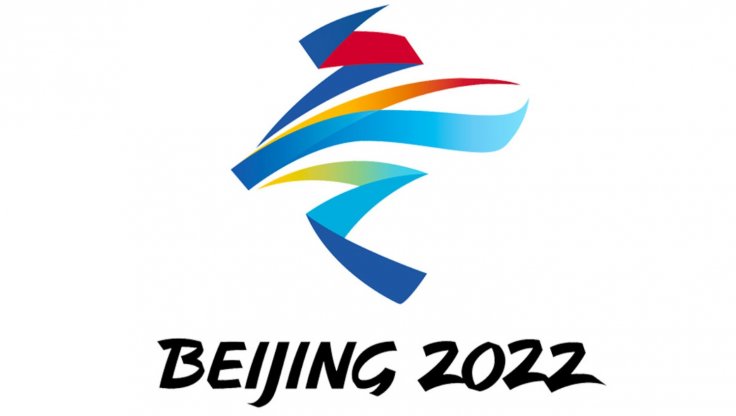Teenage Russian figure skater Kamila Valieva has tested positive for a banned drug after the ceremony to present her and her teammates with the Olympic gold medals was postponed. Valieva, the 15-year-old Russia skating sensation failed the test taken before the competition.
However, she went on to take part in the competition and her team won a gold. But the medal ceremony has now been put on hold. According to the newspapers RBC and Kommersant, Valieva tested positive for trimetazidine, which is typically used to treat chest pain but is listed as a prohibited substance by the world anti-doping body.
Jeopardizing the Balance

The medal ceremony for the Olympic figure skating team competition has been delayed after Valieva and her team went on to win the gold but tested positive for the banned trimetazidine that was taken before the competition. The test was reportedly taken two months back.
However, the tests results have come in only now and the news broke on Monday night after Valieva led the Russian team to gold, landing a remarkable quad leap on both occasions. The teen figure skater became the first woman at the Olympics to land a quad jump.
With Russia already banned from competing in the Olympics due to doping scandal, Valieva was competing as part of the Russian Olympic Committee (ROC) ensemble. Her team went onto beat the United States and Japan to win the gild but the news has now left the organizers clueless on how to go ahead with the medal ceremony.
The reports in Russian local media labeled a "legal issue," caused the medal ceremony to be delayed.

The International Testing Agency (ITA), which is handling drug testing for Beijing 2022, issued a statement confirming that it is aware of the incident.
"Any announcement connected to these events would always be publicly issued on the ITA's website and not commented on otherwise. No such announcement has been published to date," the ITA said.
Narrow Escape?
Even though Valieva has tested positive for the banned drug, her career might get saved because of her age. Given that she is only 15 years old, Valieva is considered by the World Anti-Doping Agency to be a "Protected Person."

According to the WADA code, it treats Protected Persons "differently than other Athletes in certain circumstances based on the understanding that, below a certain age or intellectual capacity [they] may not possess the mental capacity to understand and appreciate the prohibitions against conduct contained in the Code."
The test, according to prominent journalist Vasily Konov, was taken two months ago. According to Reuters, two Russian publications recognised the medicine as trimetazidine, which is commonly used to alleviate chest pain.
Trimetazidine, often known as TMZ, works by boosting blood flow to the heart and reducing blood pressure swings. In the United States, the medication is not approved for use. Since 2014, it has been on the World Anti-Doping Agency's (WADA) list of banned substances.

Tatiana Volosozhar, a former Russian pairs skater who won two gold medals at the 2014 Sochi Olympics, expressed her support for Valieva on social media, encouraging people to use the Russian hashtag #Iwillneverbelieve to send her messages of support.
Valieva herself liked her post.
Figure skating is a high-profile sport for Russia, with a strong performance at Olympic and world championships. Any decision to punish Valieva or take away the team's medals would almost certainly spark a nationwide outcry.
President Vladimir Putin's spokesman Dmitry Peskov urged the public to "wait for some clarification from our sports officials, or from the IOC for understanding."








